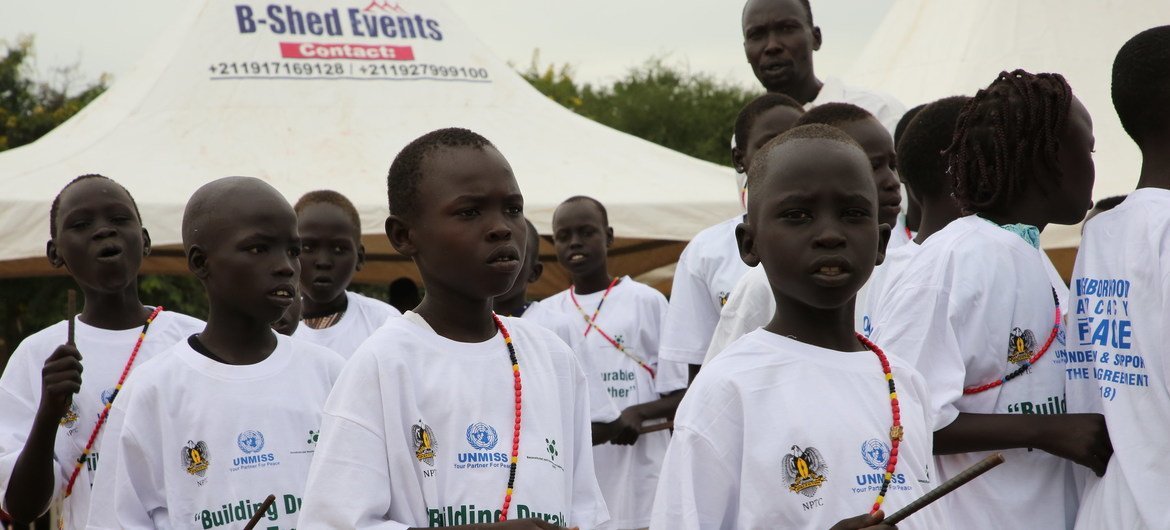United Nations: Peace in South Sudan depends on local accountability

“Our priority in 2023 is to adopt a peace to people approach, with the support of the government” declared Stephen Par Kuol, South Sudan Peacebuilding Minister.
Through local governance and community reconciliation South Sudan is trying to tackle persistent challenges such as intercommunal violence, a major legacy of decades of war.
“This is something we cannot do alone,” he said. “All we need is support from the regions and the international community to build peace in South Sudan with us.” He highlighted gains in judicial, security and constitutional processes since the parties signed the 2018 peace agreement. Meanwhile, the Government is “working hard to bring back together traditional leadership authorities” to ensure there are no armed groups in the country.
Offering several suggestions, youth representative Adeng Leek, a human rights advocate and programme manager with the Nonviolent Peace Force, pointed out that South Sudan is “no longer an infant” nation. To overcome such major roadblocks to peace she said the Government must demonstrate the necessary political will to resolve concerns and foster accountability.
Edmund Yakani, a civil society representative and Executive Director of Community Empowerment for Progress Organization (CEPO), said intercommunal violence has branched into alarming human rights violations, including slavery and trafficking.
Commission Chair highlighted a new report among other findings, he said concrete action is needed, including in holding elections and achieving the expected 35 per cent threshold of women’s participation.
Sara Beysolow Nyanti, the UN Secretary-General’s Deputy Special Representative and the UN Resident Coordinator in South Sudan, said the future hinges on empowering women and youth. Furthermore, she said, there will be no sustainable peace until transitional justice is fully implemented.

